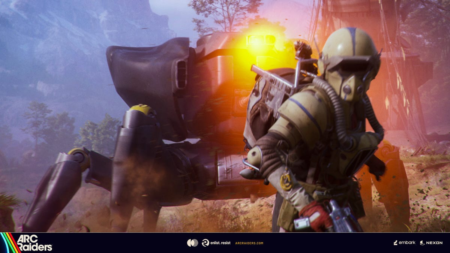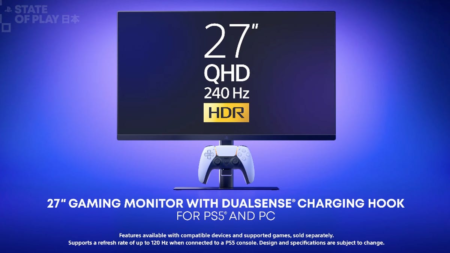Our playlists are becoming a playground for AI-generated music. And that’s making us uneasy, especially because it’s becoming increasingly difficult to distinguish the genuine, human-made tunes from the musical deepfakes.
According to a new┬Āsurvey of 9,000 people by the music service Deezer and the research firm Ipsos, participants listened to three songs and then had to choose which were fully AI-generated and which weren’t. Nearly all respondents (97%) were unable to tell the difference.
Of those who couldn’t tell, 71% said they were surprised by the results, and more than half, 52%, were uncomfortable that they couldn’t distinguish the AI music. Respondents expressed ambivalence about AI and music: About two-thirds expressed curiosity about AI-generated music, with a willingness to try listening at least once, but four out of five (80%) agreed that AI music should be clearly labeled for listeners.
Don’t miss any of our unbiased tech content and lab-based reviews. Add CNET as a preferred Google source.
Deezer, which commissioned the survey, has reason to highlight people’s inability to distinguish between AI-generated songs and those created by humans. In January, it rolled out a detection tool for AI in music. In the release for the survey, the company said it receives 50,000 AI-generated tracks every day.
The unsettling feelings about AI and music have seen a crescendo in recent days as a tune from an AI-powered country act called Breaking Rust topped Billboard’s country digital music charts. Last month, music streaming giant┬ĀSpotify signed deals┬Āwith Sony, Universal and Warner to develop AI music products.
Mixed feelings on AI music
Some of the other findings from the Deezer/Ipsos survey showed curiosity and caution in listeners’ attitudes toward AI music:
- 46% think AI will help them discover music they like.
- 51% believe AI will lead to lower-quality, generic-sounding music on streaming platforms.
- 45% would filter out AI music from their music services if they could.
- 70% believe AI music threatens the livelihood of real music artists.
The Deezer/Ipsos survey of 9,000 adults ages 18-65 was conducted in early October in eight countries: the United States, Canada, Brazil, the UK, France, the Netherlands, Germany and Japan.
Music-industry shifts
The debate over AI music extends beyond listeners and artists — even the companies that make musical instruments have a stake in the future of AI-generated songs.
“From our perspective, we see great opportunity for AI to be used as a tool to enhance and augment human creativity when the tools are developed responsibly, but we are opposed to consumption platforms that embrace purely AI-generated music positioned to compete with human creators,” said Paul McCabe, senior vice president of research and Innovation at the music gear manufacturer┬ĀRoland.┬Ā
McCabe said his company believes listeners should be alerted when they’re hearing AI-generated material in their music and that his company and others are working on solutions “to confirm the provenance (origin and ownership) of music.” That could include the kind of AI music detection tools that Deezer previously released, as well as new technologies that can detect and label AI-generated music.
Can AI music co-exist with human-generated music? According to McCabe, if clear labeling for audiences on AI music exists, if human artists choose to use AI to enhance their own art, and if AI-generated music elements are developed in ways that respect and protect human creativity (he cites the frameworks at┬ĀAI for Music as an example), then, “yes, peaceful coexistence is possible.”┬Ā
Read the full article here














